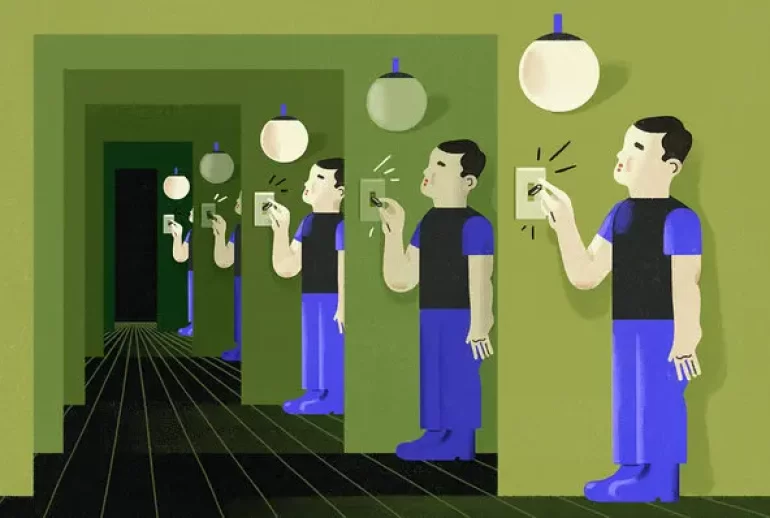
Obsessive-Compulsive Disorder (OCD) is a mental health condition. It involves unwanted thoughts that keep coming back (obsessions) and behaviors or mental actions that people repeat (compulsions). These actions aim to lessen the stress caused by these thoughts. OCD can cripple people by having an impact on their daily life and how well they live.
Understanding OCD
OCD is a long-term condition that can show up in many ways affecting a person. Some people might have obsessions, while others might struggle more with compulsions. Many people deal with both.
Key facts:
Symptoms of OCD
Obsessions: Obsessions have an impact on individuals as irrational thoughts, images, or urges that keep entering the mind. These thoughts cause anxiety or distress. Common obsessions include:
Compulsions: Compulsions are behaviors or mental acts that people repeat to respond to an obsession. These actions aim to lower anxiety or stop a feared event from happening. Common compulsions include:
Diagnosing OCD
To diagnose OCD, a mental health expert needs to do a thorough evaluation. This includes a clinical interview with the patient and a look at the symptoms.
Treatment Options for OCD
Treating OCD well needs a mix of therapy, medicine, and self-help methods.
Psychotherapy
Medication (ONLY AS PER DOCTOR’S ADVICE)
Self-Help Strategies
Conclusion
Obsessive-Compulsive Disorder can turn a person’s life upside down. It’s tough to deal with, but people with OCD can get a handle on their symptoms and live better lives if they get the right help. Availing thorough therapy and having people who care make a big difference for those with OCD as they work to get better. It’s key for both people with OCD and those who support them to know about the signs, what causes it, and how to treat it. When we learn more and show kindness, we make things better for people living with OCD.

The people need more peaceful life in this highly technical world. Psytechology is there to help the masses in it.
WhatsApp us
3 Responses
Well versed, simple and need of time.
I am going to refer it to many around… I’m sure they are in 3% while keeping it for me as a reminder that may be needed in old age, God Forbid.
Helpful Article.
Good articles